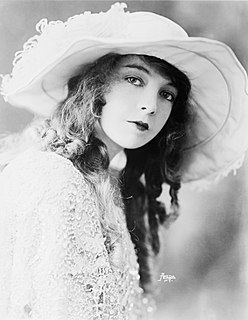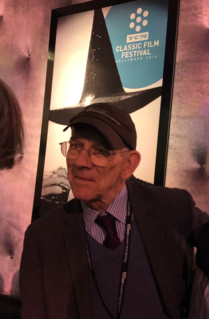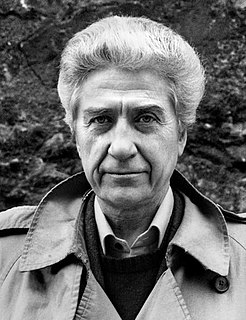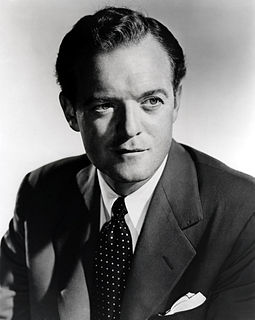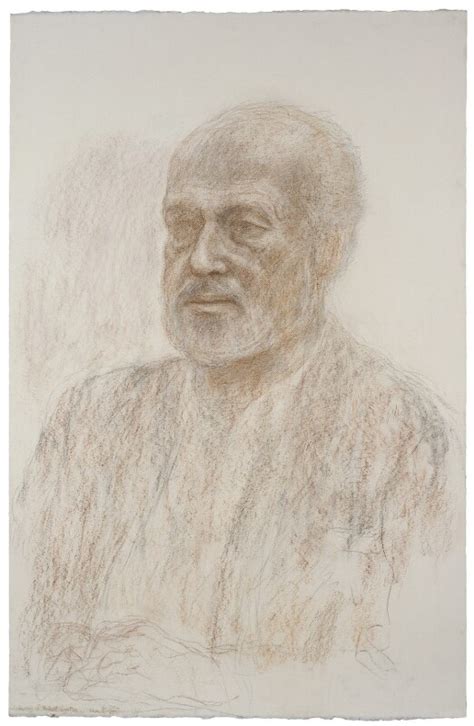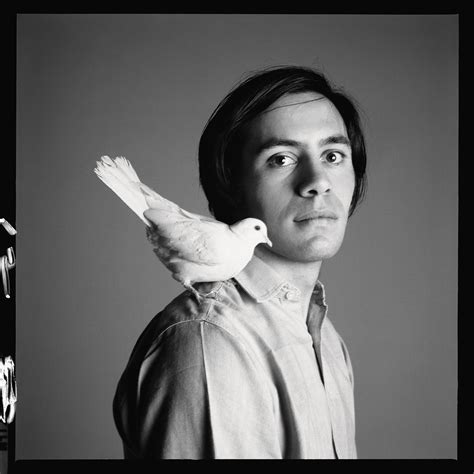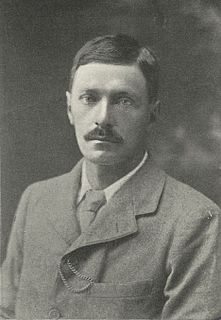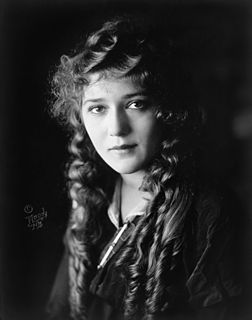A Quote by Lillian Gish
I never approved of talkies. Silent movies were well on their way to developing an entirely new art form. It was not just pantomine, but something wonderfully expressive.
Related Quotes
In the Depression, besides everybody being poor, our entertainment was much more primitive and innocent. The comic strip, which I so venerated, was still a very new form. Movies had just become talkies. Radio had just gone coast to coast for the first time. Network radio had just begun when I was a kid. So all of these forms were more or less in their infancy, and feeling their oats. Comics were fresh and funny and nervy, and in a sense, defiant of the prevailing culture.
All human action is expressive; a gesture is an intentionally expressive action. All art is expressive - of its author and of the situation in which he works - but some art is intended to move us through visual gestures that transmit, and perhaps give release to, emotions and emotionally charged messages. Such art is expressionist.
In the mid-fifties, a revolution occurred and a new word entered the vocabulary of commercial art. Concept... But the change was not entirely good. Our gain was also a loss... There was great value in something well observed and carefully delineated. If the head and heart were often absent, there was something to be said for the presence of a hand.
When we started on 'Coraline,' there was a whole host of things that we had no idea how we were going to do. Because we were making films in a way that had never really been done before, we were taking this hundred-year-old art form and bringing it into a new era by embracing technology and innovation.
